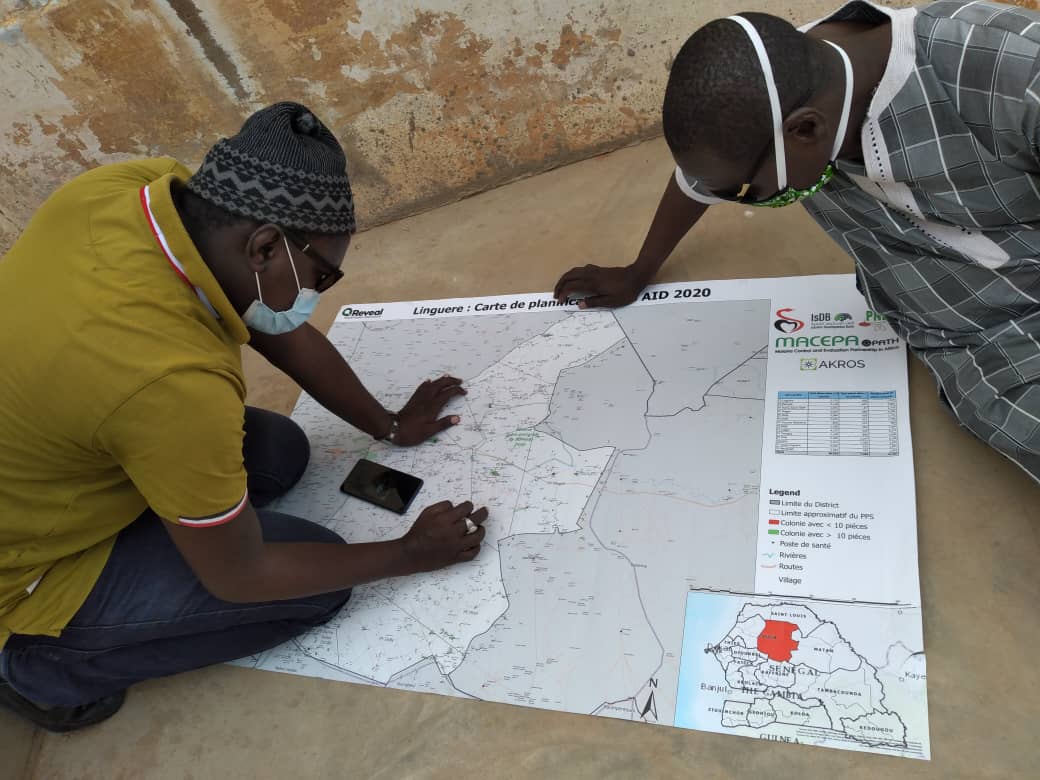
Climate change is reshaping the environments where people live, work, and access services. In many low- and middle-income countries, fragile systems face increasing strain from floods, droughts, vector shifts, and land insecurity. Resilience depends on governments’ ability to plan and adapt programs with timely, precise data.
Akros supports this need by embedding climate-smart data systems into core health, WASH, agriculture, and education services — equipping governments to manage climate-linked risks while sustaining long-term gains.
01
Geospatial Intelligence for Climate-Sensitive Diseases
Mapping and microplanning tools like Reveal enable programs to respond to malaria and other vector-borne diseases influenced by changing weather and ecosystems.
02
Land Tenure & Agricultural Security
Mobile DHIS2 tools developed under the USAID Global Climate Change and Land Tenure initiative in Zambia formalized rural land rights, building household security to invest in sustainable farming and resource management.
03
Water, Sanitation & Hygiene (WASH)
National surveillance systems (CLTS M2W, SLTS) help governments track sanitation uptake and water vulnerabilities, directly supporting climate resilience in communities exposed to water stress and flooding.
04
Education Infrastructure & Resilience
School sanitation facilities — including more than 800 latrines built under School-Led Total Sanitation — strengthen hygiene resilience in drought- and flood-prone areas.
Zambia
Land tenure, WASH surveillance, and malaria interventions adapted to climate-sensitive disease and agricultural contexts.
Kenya and Senegal
Reveal-supported malaria microplanning in regions where climate shifts affect transmission.
East Zambia (Chipata)
Mobile land tenure system strengthening climate resilience at household and community level.
This work is delivered in partnership with USAID, UNICEF, The END Fund, PMI, national governments, and community-led structures.
